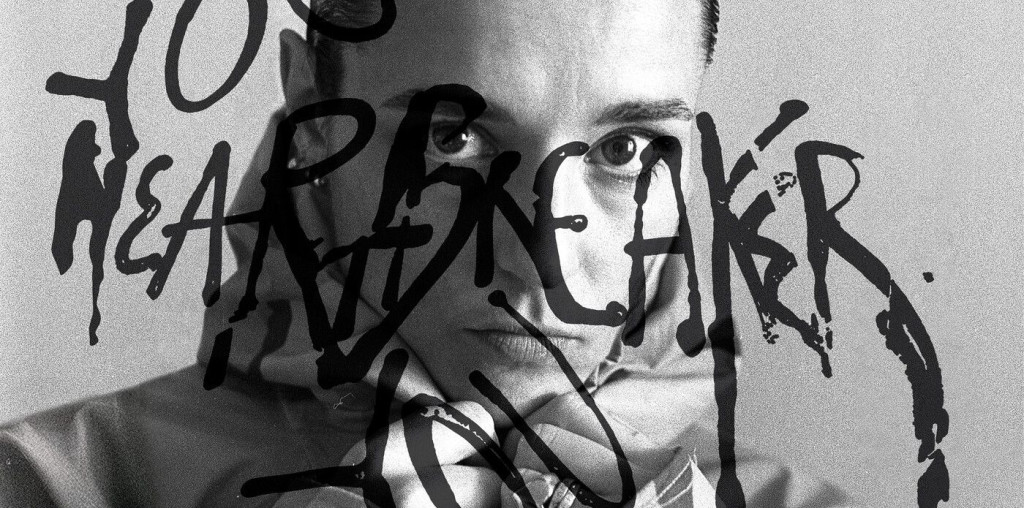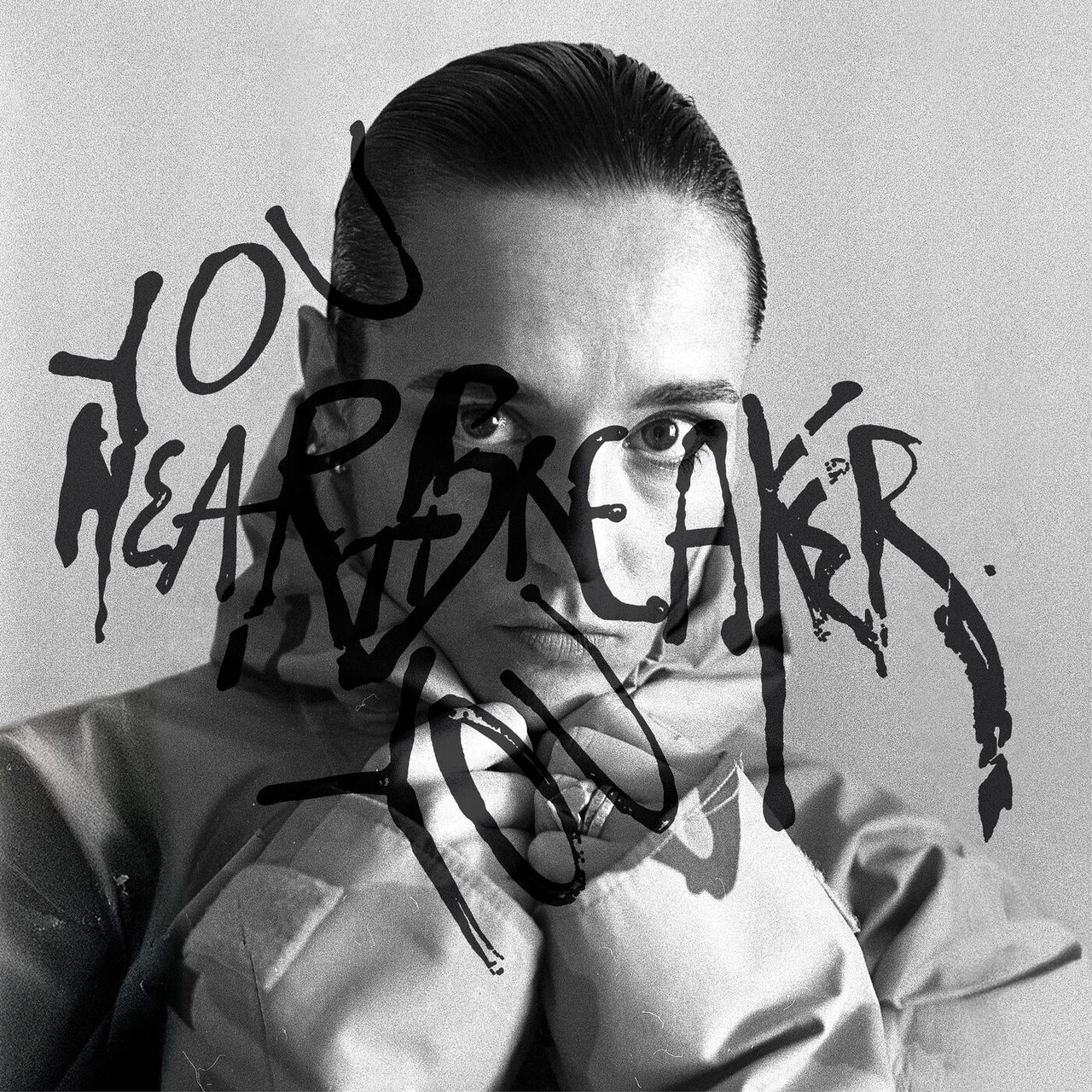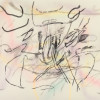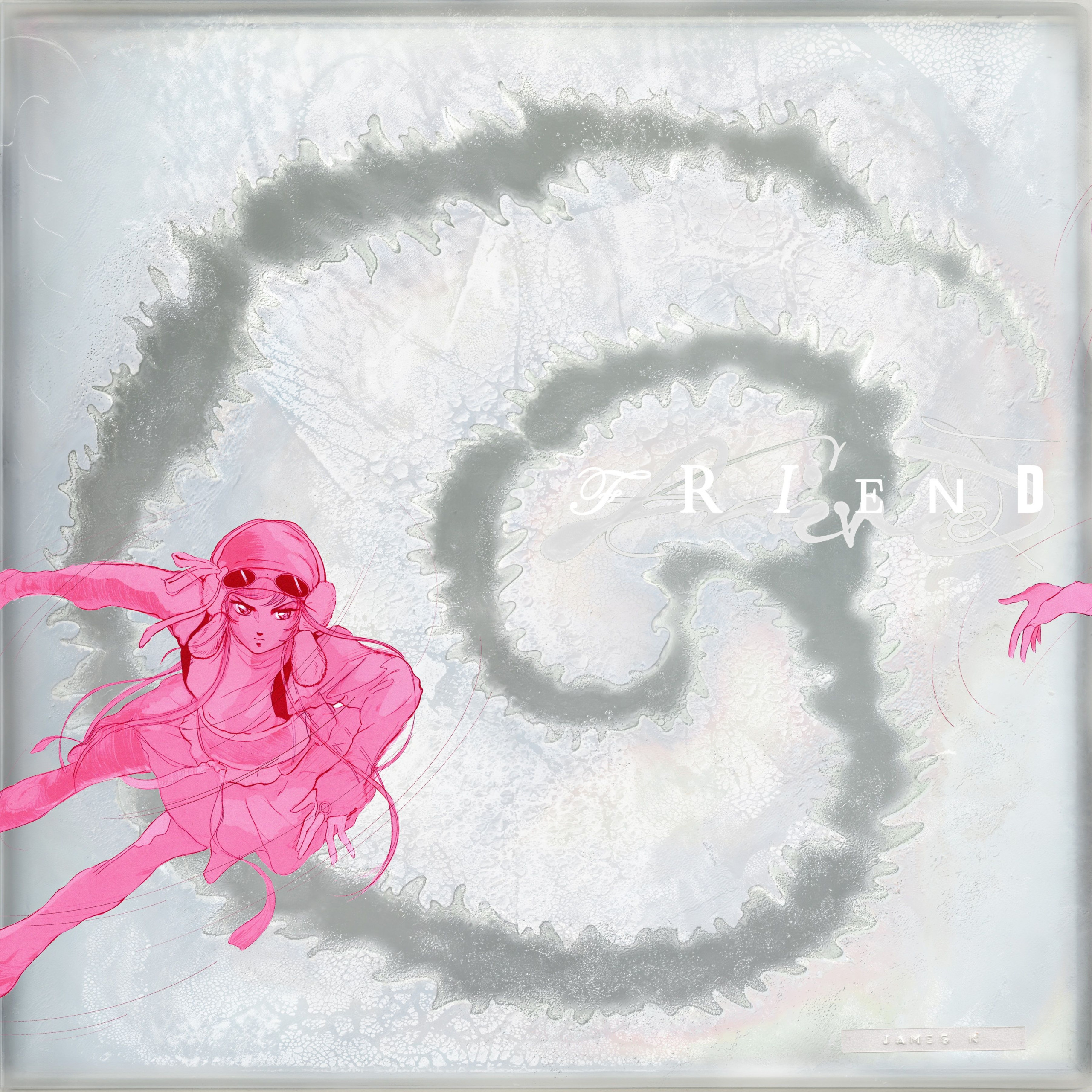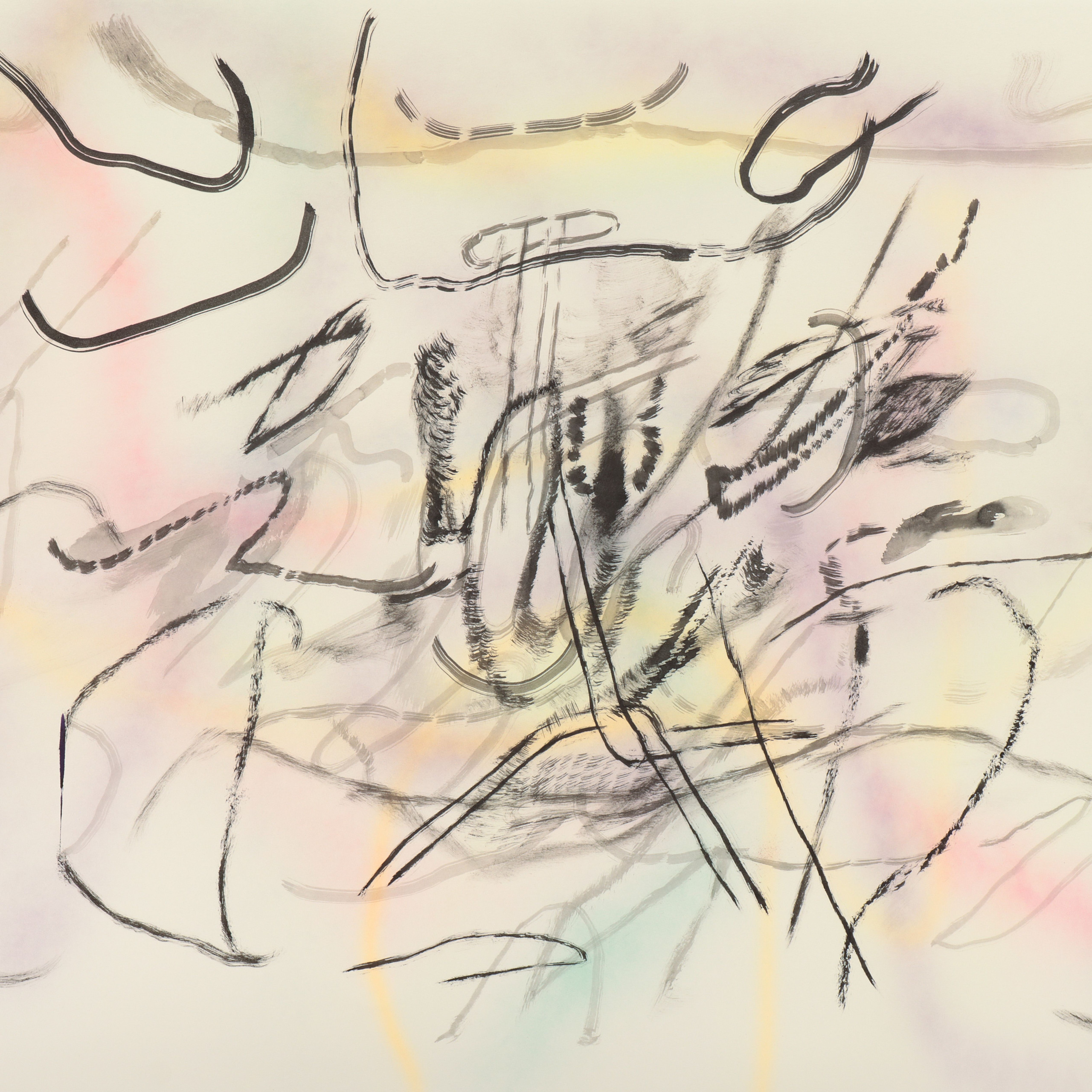When the UK post-punk band Savages made their debut in 2013, they were a revelation of discipline and control. Even as they churned overwhelming tides of sound, you could see them standing at the controls, dutifully operating a ferocious machine. Singer Jehnny Beth embodied the band’s poise and power; even when she was barking and chirping the word “husbands” over and over, she operated with a level of seriousness that felt confrontational. Her moral clarity was equally penetrating. “I know good and I just—do it,” she sang on the title track from 2016’s Adore Life, her voice bitter with the taste of your ambiguity and failure.
A decade later, she’s still needling her way to the heart, but on You Heartbreaker, You, her first solo album in five years, she’s entangled in the power struggles of love and desire. She chops and swims her way through these thicket-dense songs, swallowing the static of complicated relationships and howling feedback in response. Rather than the halogen flash of clarity, she applies a trickster’s touch, inventing power games and getting off on the confusion.
Beth has traced the record’s genesis to her performance at the 2023 Aftershock festival in Sacramento, saying, “The connection with the audience was so intense and real, I made a mental note to write a record with that energy in mind.” This may seem strange for someone who already spent half her shows being held aloft in the pit, but playing for a crowd who’d been entertained the night before by Korn and Slipknot’s Corey Taylor clearly made an impact. It would be challenging to mosh to the synth and chamber-pop arrangements of Beth’s 2020 solo album TO LOVE IS TO LIVE, or the swish country and soul of her 2021 collaboration with Bobby Gillespie. But all You Heartbreaker, You is missing to make it a dead ringer for a mid-’90s release on Roadrunner or Nothing is the high sheen of a Ross Robinson production.
Much of the album’s power derives from the rattling, hyperconnected frame Beth and her co-producer and romantic partner Johnny Hostile create for these songs. Beth dodges crossfire from competing alpha guitars and peals of anonymous noise, stabbing the songs with blades of feedback that sound as much like a Bernard Herrmann knife jab as they do a wounded shriek. She haunts her own vocals, drenching herself in distortion and nipping at the edges of the lead in “Broken Rib.” When she does arc into the light, as in the beautiful, Deftones-ish chorus of “Out of My Reach,” it feels somehow sinister, the honey with which to attract the fly. Beth and Hostile have been collaborators for nearly two decades, and together they’re responsible not only for every sound on the record, but for the entire visual package, too. Their mutual force and focus give the album the pressurized insularity and cracked intensity of a one-person project.
Presumably their bond is strong, but on You Heartbreaker, You, Beth is fucking with everyone’s head. In “Reality,” she’s stalking a nightclub, pursuing a threesome with a friend and her man, wanting the friend to go down on her, moving from doe-eyed faux-naivete (“I thought that love was a gift we could share amongst friends”) to artless pick-up artist (“I hit your G so hard it makes you fall”). Rather than guide her desire in any particular direction, she finds power in letting it lead, even—or especially—when it puts her in a position of vulnerability. “I will get down on my knees just to make you stay,” she promises in “Out of My Reach,” but it’s not a “Like a Prayer”-style double entendre so much as a straightforward declaration. It’s impossible to hear this as subjugation, though, when it’s delivered with so much menace. She’s relishing the control that comes with relinquishing the illusion of control to someone who thinks they’re stronger than her. “I’m gonna please myself today,” she sings near the top of “Stop Me Now.”
That lyric echoes Nine Inch Nails’ “Hurt,” just as the song’s title references the chorus of “Piggy.” “I See Your Pain” approximates the delicate piano roll of “Closer”’s coda, while the sound of “I’m No Good for People” would’ve worked on Hesitation Marks and its general sentiment on any of Nine Inch Nails’ first four or five albums. You Heartbreaker, You functions as a volley to The Downward Spiral, Trent Reznor’s masterpiece of conflicted devotion and self-authored hatred. Reznor’s influence on this album is vast, but what pulls him into self-loathing lifts Beth into self-actualization. The papery static and jaw-clenched delivery of The Downward Spiral’s “I Do Not Want This,” with its relentless refrain of “I want to fuck everyone in the world,” isn’t about fucking so much as it is the power that accompanies it, and how we use that power to neutralize the deafening roar of shame. “I wanna feel sad,” Beth sings in “High Resolution Sadness,” her voice drawing the erotic out of the melancholic. Throughout You Heartbreaker, You, Jehnny Beth is fully alive even when her drive becomes monomaniacal. For her, desires aren’t complicated, even at their most complex. They’re just acts of will. Even at the album’s messiest, she never sounds like she’s in anguish. She knows what she wants and she just—does it.
All products featured on Pitchfork are independently selected by our editors. However, when you buy something through our retail links, we may earn an affiliate commission.

